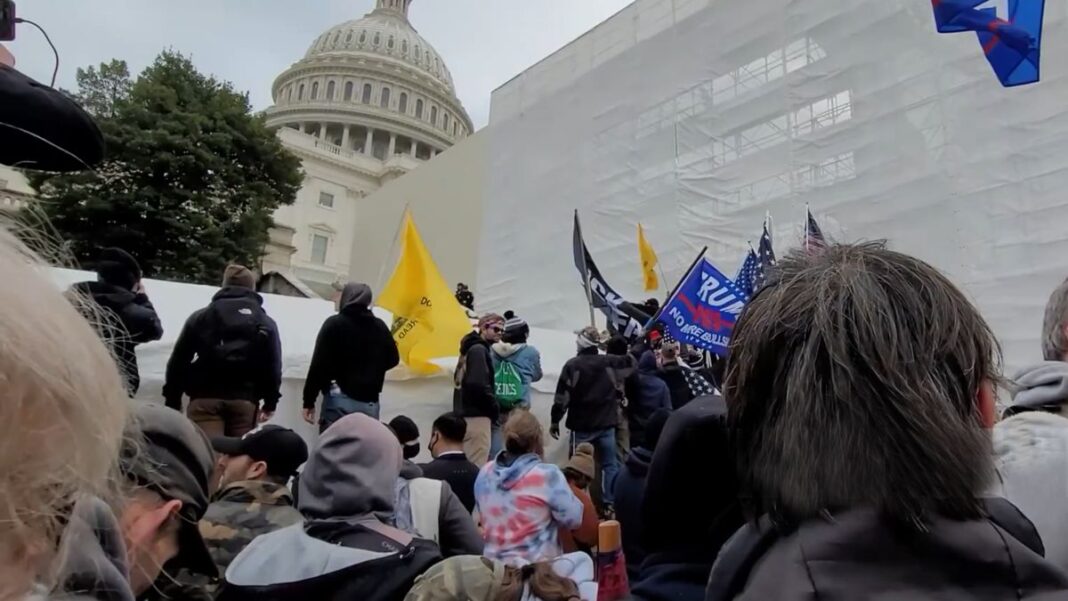CAMP DAVID, Md.—President Joe Biden and the leaders of South Korea and Japan agreed to deepen trilateral security and economic ties at a historic summit at Camp David on Aug. 18. They also issued a strong condemnation of the Chinese regime’s “dangerous and aggressive behavior” in the South China Sea.
President Biden announced the agreements, including what the leaders termed the “Camp David Principles,” at the close of his talks with South Korean President Yoon Suk Yeol and Japanese Prime Minister Fumio Kishida.
“The purpose of our trilateral security cooperation is and will remain to promote and enhance peace and stability throughout the region,” they said in a joint statement.
President Biden maintained, as have U.S., South Korean, and Japanese officials, that the summit “was not about China” but was focused on broader security issues.
In a joint summit statement, the three countries committed to consult promptly with each other during crises and to coordinate responses to regional challenges, provocations, and threats affecting common interests.
They also agreed to hold trilateral military training exercises annually and to share real-time information on North Korean missile launches by the end of 2023. The countries promised to hold trilateral summits annually.
The three leaders also agreed to cooperate on “supply chain resilience,” particularly on semiconductors and batteries, as well as other advanced technology such as artificial intelligence and quantum computing.
Partnership Takes Aim at China, North Korea
The three powers specifically called out communist China and North Korea by name, and vowed opposition by the three powers against any unilateral changes to the current status quo in the Indo-Pacific.
“Regarding the dangerous and aggressive behavior supporting unlawful maritime claims that we have recently witnessed by the People’s Republic of China (PRC) in the South China Sea, we strongly oppose any unilateral attempts to change the status quo in the waters of the Indo-Pacific,” the statement said.
“In particular, we steadfastly oppose the militarization of reclaimed features; the dangerous use of coast guard and maritime militia vessels; and coercive activities,” it added.
“We reaffirm the importance of peace and stability across the Taiwan Strait as an indispensable element of security and prosperity in the international community. There is no change in our basic positions on Taiwan, and we call for a peaceful resolution of cross-Strait issues.”






